The lengthy prologue places the birth of the hero
J̌angγar in a primeval time, and it also narrates the hero’s
deeds from his second to seventh year of age. The description of the hero’s
palace is also included in the prologue. Then the bard tells us that he is
going to recite a very old story which generations of Mongols have enjoyed
hearing. It is the tenth chapter of
J̌angγar
“the orphan of the epoch” (
üy-e-yin önöčin). One day,
J̌angɣar, the ruler of North
Bumba, assembled his heroes, dignitaries and
subjects in his palace, and while they were feasting together, he began to
weep. The reason for
J̌angɣar’s affliction was
that
Kürmün khan was threatening the peace of
the land of
Bumba. After
Orčilang-un Sayiqan Mingɣan, the cup-bearer of
J̌angɣar, was entrusted with the task of
capturing
Kürmün, he got ready to set out on
his mission. He saddled his horse, put on armour, took his weapons and set out.
On the shore of the
Bumba Sea,
Altan Čegeǰi, the fortune-teller, approached
Sayiqan Mingɣan and gave him the
instructions for his journey, also warning him of the demons he was going to
encounter en route before reaching
Kürmün’s
palace. Having eliminated the demons he encountered on his way,
Sayiqan Mingɣan reached
Kürmün’s palace in the middle of a fortified city. A girl
came out and offered to help
Sayiqan
Mingɣan. She gave him instructions on how to get inside the palace and
to capture
Kürmün.
Sayiqan Mingɣan succeeded in his enterprise, caught
Kürmün and stuffed him into a leather bag. He
returned home together with the girl.
Kürmün
was brought before
J̌angɣar, and the latter
decided to leave aside the enmity of the past and to make peace with him.



